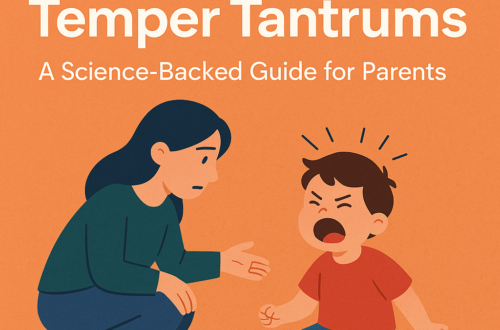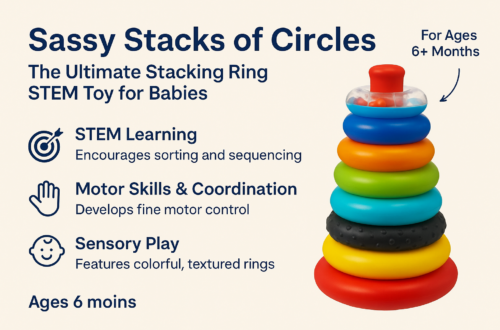Building Big Hearts in Little Ones
Emotional intelligence—often referred to as EQ—is just as vital as IQ, especially in the early years of life. For toddlers, emotional intelligence means learning to recognize their feelings, express them in healthy ways, and begin to understand how others feel too. These early lessons form the foundation for empathy, communication, and self-regulation throughout life.
Here are 7 simple, powerful ways you can help your toddler build emotional intelligence every day.
1. Name the Feelings
Help your toddler put words to their emotions.
💬 “You’re feeling sad because the toy broke.”
💬 “You look so happy playing with your blocks!”
When kids learn to name their feelings, they begin to understand and process them, reducing frustration and tantrums over time.
2. Model Emotionally Intelligent Behavior
Children learn best by watching. If you handle stress with calm words, show empathy to others, and apologize when needed, your toddler will begin to mimic that emotional literacy.
🧠 Remember: your reactions teach more than your instructions.
3. Read Books That Explore Emotions
Children’s books are powerful tools for emotional development. Stories give toddlers a safe way to explore different feelings and see how characters manage them.
📚 Great choices include:
- “The Color Monster” by Anna Llenas
- “Today I Feel Silly” by Jamie Lee Curtis
- “How Do You Feel?” by Lizzy Rockwell
4. Use a Feelings Chart or Emotion Wheel
Visual aids help toddlers identify emotions even before they’re fluent talkers. Point to a face on the chart and ask, “How do you feel right now?” This builds emotional vocabulary and awareness.
🎨 Make it fun by drawing or crafting your own!
5. Validate Their Emotions, Even When They’re Hard
Rather than dismissing big feelings (“You’re fine!” or “Stop crying”), acknowledge them.
💬 “I see you’re really upset right now. That’s okay.”
Validation builds trust and teaches kids that all emotions are part of being human.
6. Practice Calm-Down Techniques Together
Help your toddler learn to self-regulate with calming strategies:
- Take deep belly breaths
- Squeeze a stress ball
- Sing a favorite song or hum
- Use a “calm corner” with soft pillows or a sensory toy
✨ These routines give kids tools to manage overwhelming feelings.
7. Celebrate Empathy
When your child shares a toy or hugs a sad sibling, praise the emotional effort.
💬 “That was so kind of you to check on your friend. You helped them feel better.”
This positive reinforcement encourages future compassionate behavior.
🌱 The Long-Term Payoff
Supporting your toddler’s emotional development now can lead to:
- Better relationships with peers and adults
- Increased self-confidence
- Greater ability to manage stress and challenges later in life
Remember: emotional intelligence isn’t taught in a day—it’s built in moments. Through patience, consistency, and love, you’re giving your child lifelong tools to thrive emotionally and socially.
Want more support in your parenting journey?
Explore our wellness guides, download our printable feelings chart, or subscribe for weekly tips.
🧡 Because raising emotionally strong kids starts with intentional care, one feeling at a time.


